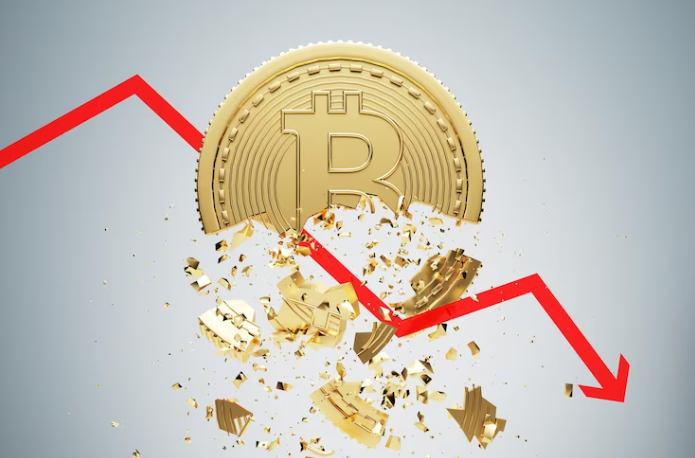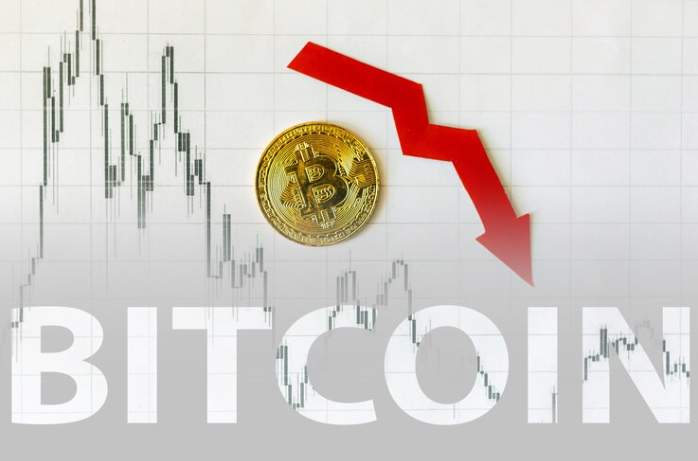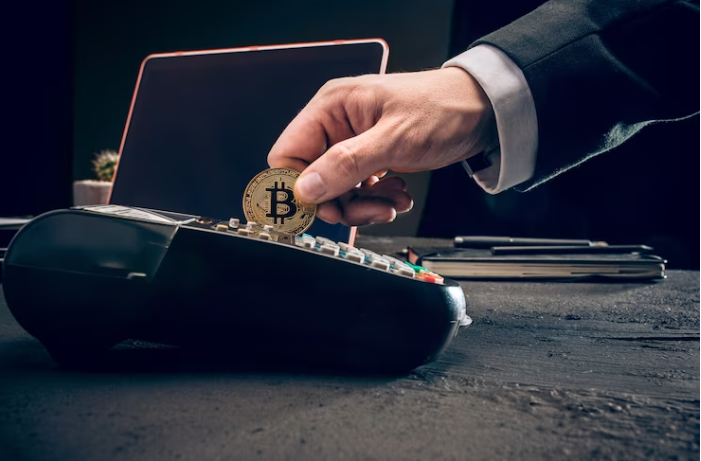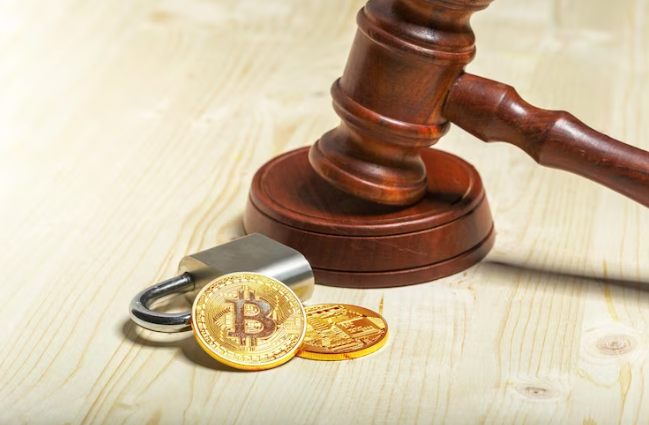
BlackRock’s Bitcoin ETF: Opening Doors for Wall Street Banks
There is a huge shift in cryptocurrency investments due to a change in BlackRock’s proposed spot bitcoin ETF structure. It would enable authorized participants (APs) to

There is a huge shift in cryptocurrency investments due to a change in BlackRock’s proposed spot bitcoin ETF structure. It would enable authorized participants (APs) to

Hey buddy, how’s your process of becoming a crypto master going? Well, if you have landed here, there are two reasons: either you are a

Welcome to the weekly crypto news updates, where we provide our reader with the latest trends in the crypto world. Whether you are an experienced

In a Crypto word, Bitcoin has always been a most famous and well-recognized digital asset. Its price movements have always captivated the attention from investors

The past few days have been very stressful for the crypto market. More simply, it was crypto chaos. From the unexpected bitcoin crash to Smart

We live in a digital currency world that has taken people from rags to riches. From teens turning millionaires to pizzas costing millions, the evolution

Cryptocurrency is one of the most debated financial topics worldwide. But do you know the volatile history of cryptocurrency, especially Bitcoin? This post will take

The trend for Digital currencies is at its peak. Bitcoin has emerged as a prominent player captivating the interest of many investors and tech enthusiasts.

In the ever-evolving world of crypto, specific rules and regulations are essential in every nation, just as with any useful or potentially risky innovation. Cryptocurrencies

The US Securities and Exchange Commission’s (SEC) recent legal action against Coinbase has gained a lot of attention. Coinbase is America’s largest crypto exchange that
Disclaimer: Coin-Informer is for informational purposes only and does not constitute investment advice. The content on this website is not an offer or solicitation to buy or sell any financial products. Rates, terms, and information presented on third-party websites are subject to change without notice. Coin-Informer may have financial relationships with some of the merchants referenced, and may receive compensation if users choose to utilize links on this site.
Disclaimer: Coin-Informer is for informational purposes only. This website does not provide investment advice, nor is it an offer or solicitation of any kind to buy or sell any investment products. Rates and terms set on third-party websites are subject to change without notice. Please note that Coin-Informer has financial relationships with some of the merchants mentioned here and may be compensated if consumers choose to utilize some of the links located throughout the content on this site.
Disclaimer: Coin-Informer is for informational purposes only. This website does not provide investment advice, nor is it an offer or solicitation of any kind to buy or sell any investment products. Rates and terms set on third-party websites are subject to change without notice. Please note that Coin-Informer has financial relationships with some of the merchants mentioned here and may be compensated if consumers choose to utilize some of the links located throughout the content on this site.